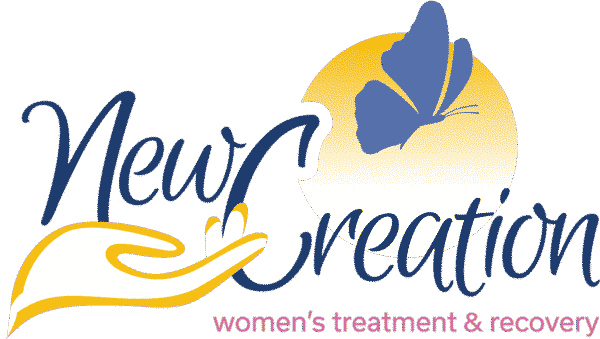
Cognitive Retraining
Cognitive retraining for those looking for a more effective Christian drug rehab program? Or a women’s-only alcohol treatment facility with something new to offer? If you are, consider cognitive retraining. At New Creation Treatment, this particular method is an integral part of the recovery process.
The cognitive retraining program is based on the concept that more than the “cold turkey” approach is required if you want to overcome substance addiction and achieve long-term results. It is more about eliminating unhealthy practices and behavior and getting on with life without depending on prohibited drugs and medicines to effect positive changes.
Nature of Cognitive Retraining
This type of drug rehabilitation is an evidence-based psychosocial intervention that is being used by many mental health professionals in the treatment of mental disorders. Largely based on empirical research, this type of mental intervention centers on the creation of coping strategies that aim to change harmful cognition patterns and solve current mental issues.
Originally formulated to treat depression, cognitive retraining is now used for treating other mental health issues and addictions.
This form of drug rehab is about discovering the real reasons why a person has drugs or substance addiction. In this type of rehab, a person’s physical dependence on alcohol or drugs is not the real issue, but it is only the result of an underlying need.
If the drug dependent does not recognize the real cause of his problems, upon completion of the mandatory drug rehab, relapse will be more than likely. But if cognitive retraining is incorporated into a Christian rehab program, complete rehabilitation of the patient is ensured. That’s how important this strategy is.
Key Elements
To be successful, cognitive rehabilitation must have two key elements. They are:
- Skills training – The patient is required to start unlearning destructive practices and habits. Positive and healthier habits need to be established that will replace the destructive ones.
- Functional analysis – New Creation Treatment will work closely with the patient in identifying feelings, thoughts, and circumstances that the patient is faced with before, during and after the intake of drugs or alcohol.
Important Factors to Consider
Several important factors need to be considered for cognitive retraining to be effective in treating drug or alcohol dependency.
- It must be directed and structured – there should be a specific agenda for every session. In addition, specific strategies and specific concepts must be used in every session.
- It must be short-term – therapy must be time limited and only for a short period. It is not a never-ending approach to treatment. The therapy must be able to help the patient recover as soon as possible.
- It must be flexible – the program’s success depends on its inherent flexibility. It can be applied in individual as well as in group therapies. The program could be used in inpatient and outpatient forms of drug rehab.


